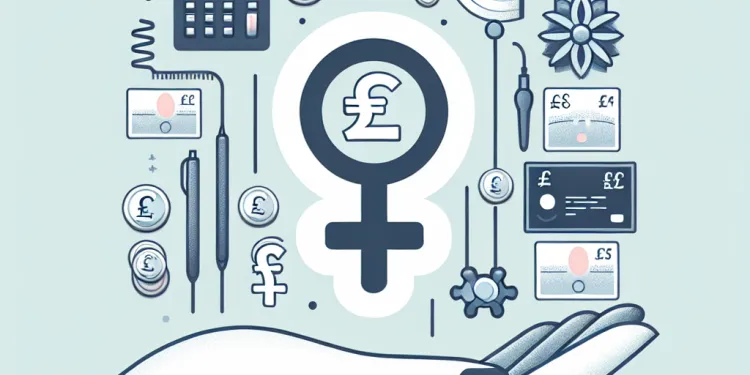
Find Help
More Items From Ergsy search
-
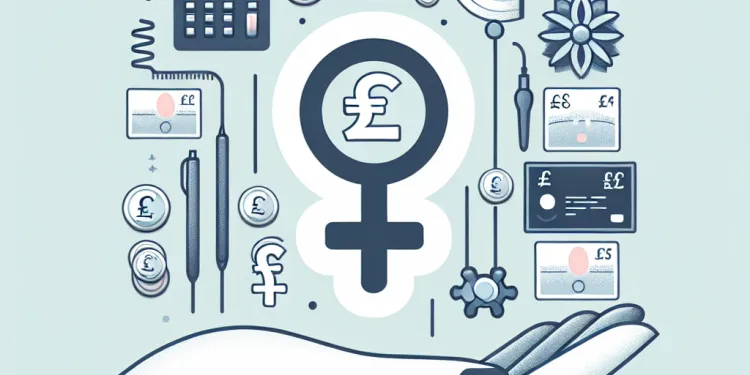
What are the reasons for female infertility?
Relevance: 100%
-

Female infertility explained
Relevance: 86%
-

What are the reasons for male infertility?
Relevance: 74%
-

Ian Stones - Test him - Male Infertility
Relevance: 47%
-

Female genital mutilation (FGM) | NHS
Relevance: 41%
-

Female Genital Mutilation: The Facts | NHS
Relevance: 40%
-
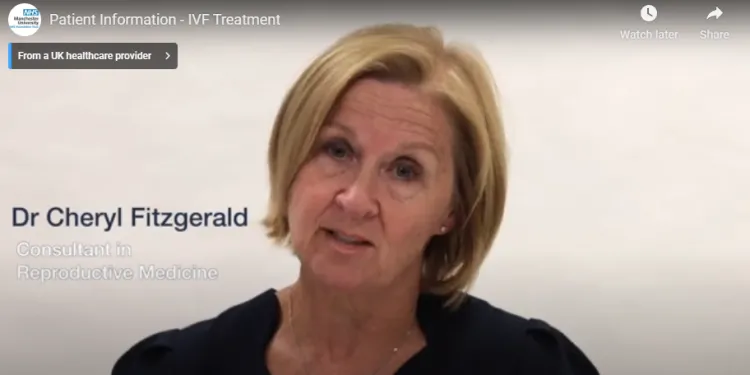
Infertility - IVF Treatment and Patient Information
Relevance: 36%
-
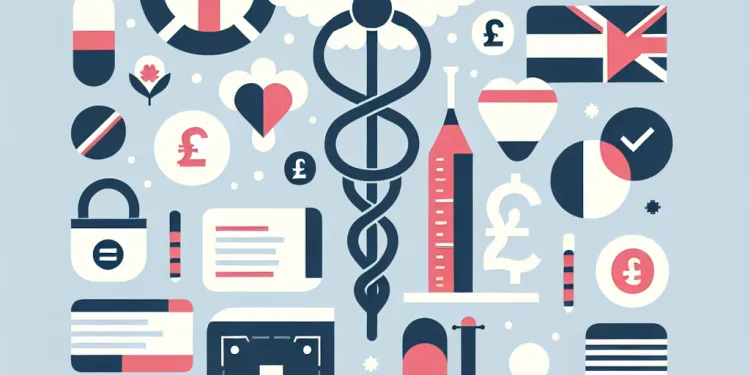
Can HPV cause infertility?
Relevance: 32%
-

How to apply for NHS funding to treat infertility
Relevance: 32%
-

Women talking about their personal experiences of female genital mutilation (FGM) | NHS
Relevance: 30%
-
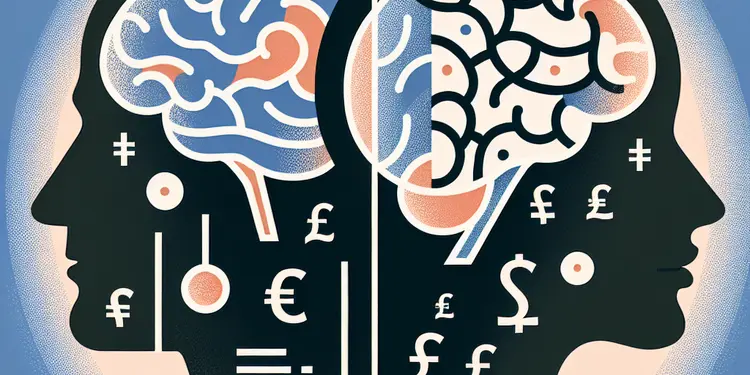
Do male and female brains age differently regarding dementia risk?
Relevance: 28%
-

Can my landlord evict me without providing a reason?
Relevance: 28%
-

Can my medical records be withheld for any reasons?
Relevance: 26%
-

What are common reasons for product recalls?
Relevance: 26%
-
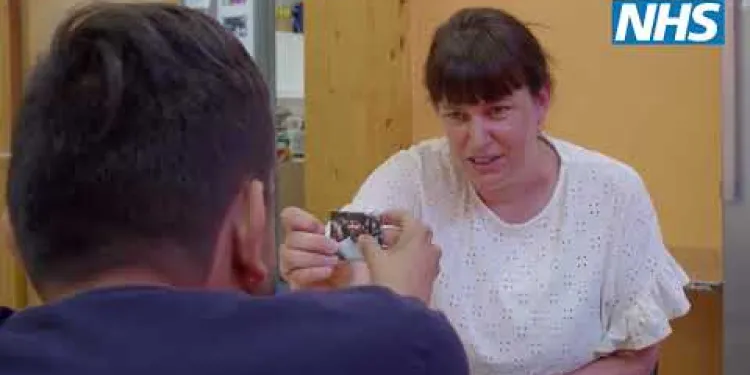
Use of reasonable adjustments to reduce health inequalities for people with a learning disability
Relevance: 24%
-
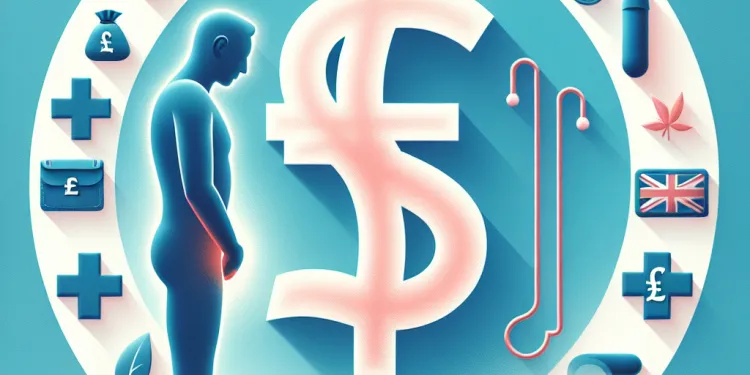
Can gonorrhoea cause complications if left untreated?
Relevance: 24%
-

Can a gig platform deactivate my account without reason?
Relevance: 23%
-

Are there any long-term effects of gonorrhoea?
Relevance: 23%
-

What were the reasons given by the US leadership for leaving WHO?
Relevance: 22%
-

Understanding Your Sexual Health - Pelvic Inflammatory Disease
Relevance: 22%
-

What causes BPH?
Relevance: 22%
-

What is the main reason for the proposed cuts to housing benefits?
Relevance: 22%
-
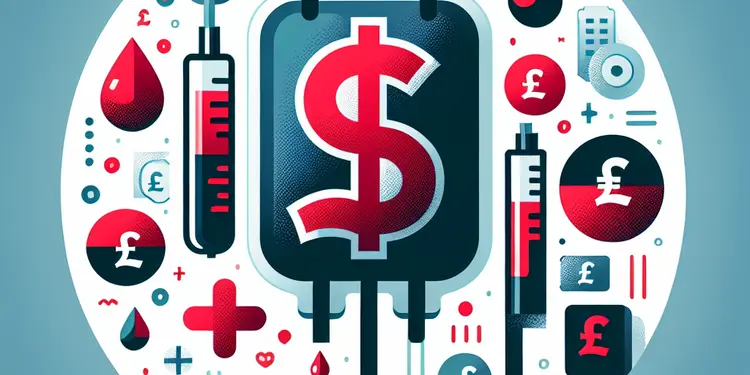
What are some common reasons blood transfusions are needed?
Relevance: 21%
-
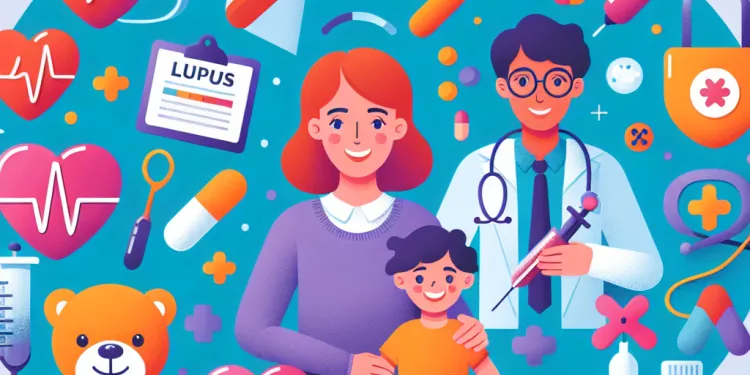
What causes lupus in children?
Relevance: 21%
-

BSL Pelvic inflammatory disease (PID)
Relevance: 20%
-
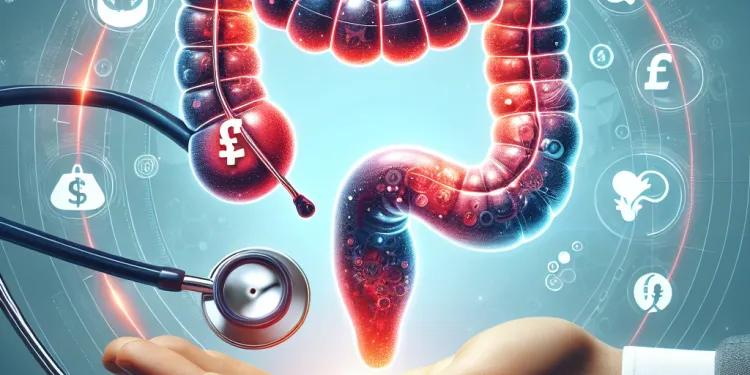
What causes appendicitis?
Relevance: 20%
-

Turner syndrome: Beyond the classic XO phenotype
Relevance: 19%
-
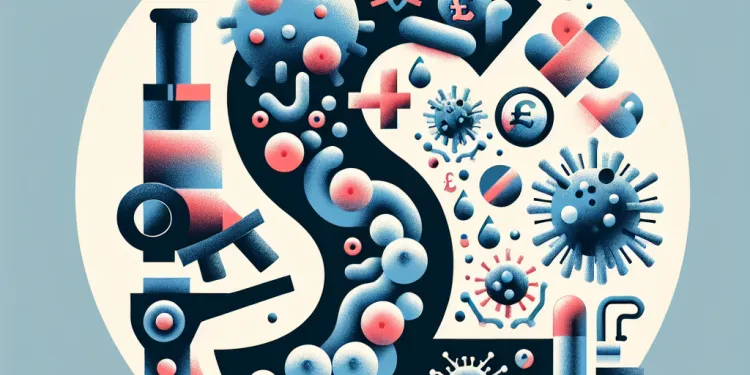
What is chlamydia?
Relevance: 19%
-

What causes motor neurone disease?
Relevance: 18%
-

IVF Fertility Treatment from MumsNet
Relevance: 18%
-
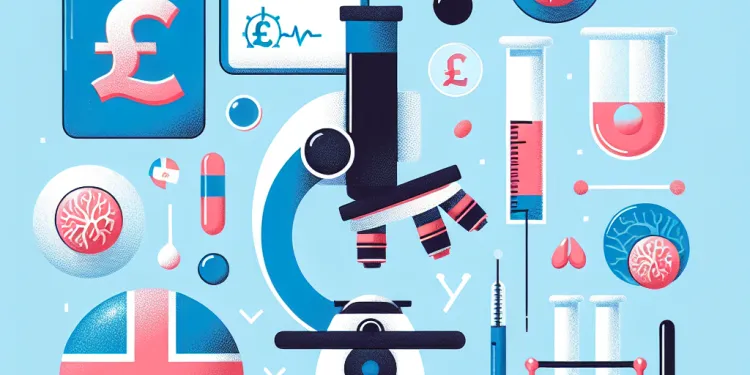
What causes testicular cancer?
Relevance: 18%
-
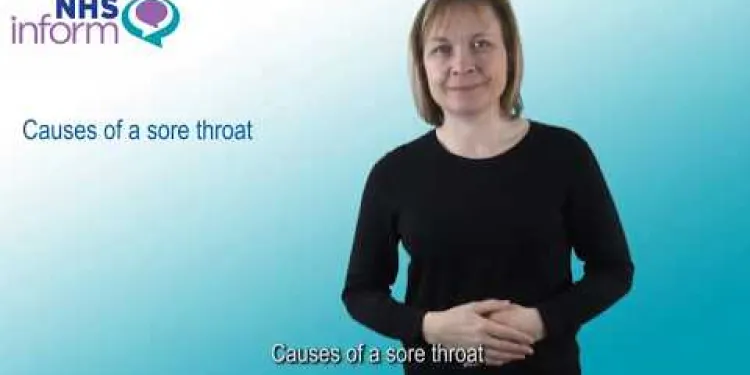
Causes of a sore throat
Relevance: 18%
-
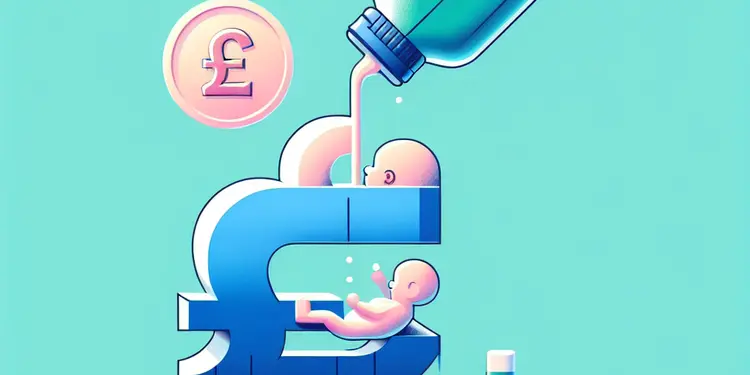
Can breastfeeding cause jaundice?
Relevance: 18%
-

What causes shingles?
Relevance: 18%
-
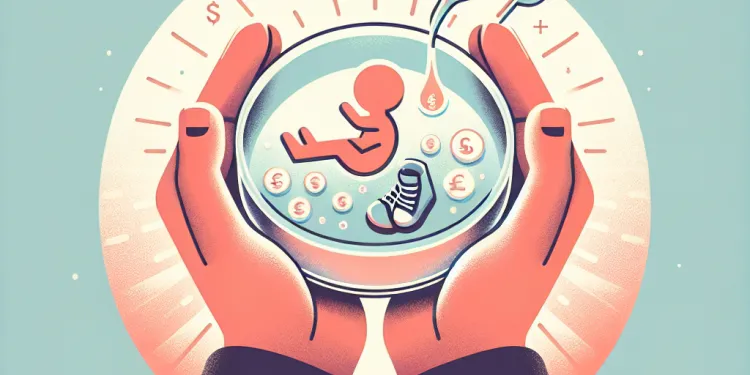
Is IVF successful?
Relevance: 18%
-

What causes hypotony?
Relevance: 18%
-

What causes autism?
Relevance: 18%
-
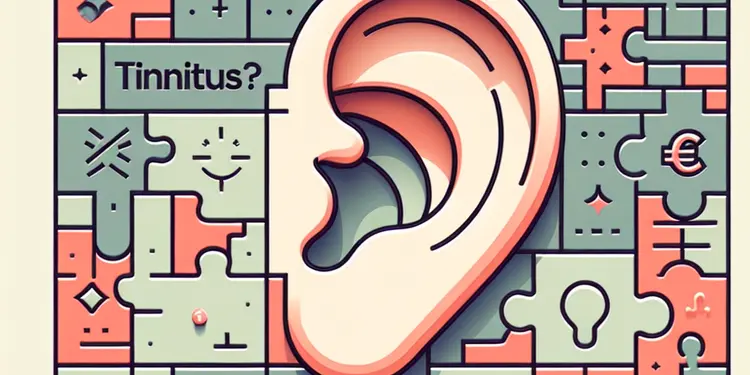
What causes tinnitus?
Relevance: 18%
-

What causes shingles?
Relevance: 17%
-
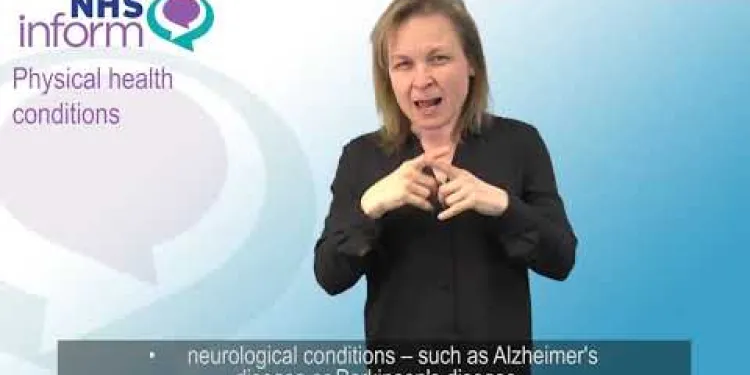
BSL - Causes of insomnia
Relevance: 17%
Understanding Female Infertility
Female infertility is a complex issue affecting many women across the UK and the globe. It is defined as the inability to conceive after a year of regular unprotected intercourse. Various factors can cause infertility, and understanding these can help identify suitable treatments and solutions. This article explores the key reasons behind female infertility.
Ovulation Disorders
Ovulation disorders are among the most common causes of female infertility. They occur when the ovaries do not release eggs regularly, or at all. Conditions such as polycystic ovary syndrome (PCOS) and hypothalamic dysfunction can disrupt normal ovulation. PCOS is a hormonal disorder causing enlarged ovaries with small cysts on the outer edges. It is characterised by irregular periods, excess androgen levels, and polycystic ovaries. Hypothalamic dysfunction involves issues with the hormones produced by the hypothalamus which affect the pituitary gland, leading to disrupted ovulation.
Fallopian Tube Damage or Blockage
Fallopian tube damage or blockage is another leading cause of infertility. The fallopian tubes can become blocked or damaged due to several reasons including pelvic inflammatory disease (PID), endometriosis, or previous surgeries. PID is an infection of the reproductive organs often caused by sexually transmitted infections that can lead to scarring and blockage of the tubes. Endometriosis occurs when tissue similar to the lining inside the uterus grows outside it, affecting the fallopian tubes and causing blockages.
Uterine or Cervical Causes
Problems with the uterus or cervix can also lead to infertility. Uterine fibroids, which are non-cancerous growths within the uterus, can interfere with implantation of the fertilized egg. Congenital anomalies, such as an abnormally shaped uterus, and issues with the cervical mucus can also pose challenges. Cervical mucus needs to be in the right consistency to facilitate sperm passage through the cervix into the uterus.
Age and Lifestyle Factors
Age is a significant factor in female infertility, with fertility declining as women age, particularly after the age of 35. As a woman ages, the quality and quantity of her eggs diminish. Additionally, lifestyle factors such as excessive alcohol consumption, smoking, and stress, can impact fertility negatively. Maintaining a healthy weight, regular physical activity, and a balanced diet are essential for improving fertility prospects.
Unexplained Infertility
In some cases, the cause of infertility remains unexplained despite thorough investigation. This can be frustrating for many couples, but there are treatment options available that may help, including lifestyle changes, medications, and assisted reproductive technologies such as in vitro fertilization (IVF).
In conclusion, female infertility can arise from a variety of causes ranging from hormonal imbalances to physical blockages. Understanding these factors can aid in diagnosis and determining appropriate treatments to enhance the chance of conception.
Understanding Female Infertility
Female infertility means a woman has trouble getting pregnant. It affects many women around the world. If a woman cannot get pregnant after trying for a year, she might have infertility. There are many reasons this can happen. Knowing these reasons can help find the right treatments. This article talks about why some women might have trouble getting pregnant.
Ovulation Disorders
Ovulation disorders are a common reason why women can't get pregnant. Ovulation is when the ovaries release an egg. Sometimes this doesn't happen the way it should. Conditions like polycystic ovary syndrome (PCOS) can stop normal ovulation. PCOS is when the ovaries have many small cysts. This causes irregular periods and hormone problems. Another problem is hypothalamic dysfunction. This is when certain hormones don't work right, stopping ovulation.
Fallopian Tube Damage or Blockage
If the fallopian tubes are blocked or damaged, it can make it hard to get pregnant. This blockage can be caused by infections like pelvic inflammatory disease (PID) or conditions like endometriosis. PID is when an infection scars the fallopian tubes. Endometriosis is when tissue like the lining of the uterus grows outside the uterus and blocks the tubes.
Uterine or Cervical Causes
Problems with the uterus or cervix can also cause infertility. Uterine fibroids are growths in the uterus that can stop a fertilized egg from attaching. Sometimes the uterus is shaped differently, or the cervical mucus is not right. The cervical mucus needs to be the right texture to help sperm reach the egg.
Age and Lifestyle Factors
A woman's age affects how easily she can get pregnant. After age 35, it can become harder. As women get older, the eggs also age. Lifestyle can make a difference too. Drinking too much alcohol, smoking, and stress can all reduce fertility. To improve chances of getting pregnant, it's helpful to maintain a healthy weight, exercise, and eat well.
Unexplained Infertility
Sometimes doctors can't find out why a woman can't get pregnant. This can be upsetting, but there are treatments like lifestyle changes or medicines that might help. Sometimes, special medical techniques like in vitro fertilization (IVF) can help too.
In short, there are many reasons why a woman might have trouble getting pregnant. By understanding these reasons, doctors can find the best ways to help.
Frequently Asked Questions
What is infertility?
Infertility is the inability to conceive after one year of regular, unprotected intercourse or the inability to carry a pregnancy to term.
What are common causes of female infertility?
Common causes include ovulation disorders, fallopian tube damage, endometriosis, uterine abnormalities, and age-related factors.
How do ovulation disorders affect fertility?
Ovulation disorders disrupt the release of eggs from the ovaries, which can prevent pregnancy.
How does age impact female fertility?
As women age, particularly after age 35, fertility decreases due to a decline in the quantity and quality of eggs.
What role does endometriosis play in infertility?
Endometriosis can cause infertility by affecting the ovaries, uterus, and fallopian tubes.
Can uterine abnormalities lead to infertility?
Yes, abnormalities such as fibroids or polyps can interfere with implantation or block the fallopian tubes.
How do fallopian tube issues contribute to infertility?
Blocked or damaged fallopian tubes prevent the sperm from reaching the egg or block the passage of the fertilized egg to the uterus.
What is the impact of polycystic ovary syndrome (PCOS) on fertility?
PCOS is a hormonal disorder that can lead to irregular ovulation and menstrual cycles, affecting fertility.
Can lifestyle factors affect female fertility?
Yes, factors such as smoking, excessive alcohol use, poor diet, and high stress levels can negatively impact fertility.
What is primary ovarian insufficiency?
Primary ovarian insufficiency occurs when the ovaries fail prematurely, reducing fertility due to fewer eggs.
How can thyroid issues influence fertility?
Both hyperthyroidism and hypothyroidism can affect the release of eggs from the ovaries, impacting fertility.
What is the role of prolactin levels in infertility?
High prolactin levels can interfere with ovulation by affecting hormone levels necessary for pregnancy.
Can previous surgeries lead to infertility?
Yes, surgeries involving the pelvic region, especially on the uterus or fallopian tubes, can cause scarring and blockages.
What genetic factors may cause female infertility?
Certain genetic conditions such as Turner syndrome and other chromosomal abnormalities can affect fertility.
Are there infections that can lead to infertility?
Yes, pelvic inflammatory disease and certain sexually transmitted infections can cause scarring or blockages in reproductive organs.
How does being underweight or overweight affect fertility?
Extreme body weight, whether underweight or overweight, can disrupt hormonal balance and ovulation.
Can autoimmune disorders cause infertility?
Autoimmune disorders can affect fertility by attacking reproductive tissues or altering hormone levels.
Do medications impact female fertility?
Certain medications can temporarily affect fertility by altering hormone levels or ovulation.
How can stress influence female fertility?
Stress can disrupt hormone production and menstrual cycles, potentially affecting fertility.
What diagnostic tests are used to determine female infertility?
Tests include blood tests for hormone levels, pelvic ultrasound, hysterosalpingography, and laparoscopy to evaluate reproductive organs.
What is infertility?
Infertility means not being able to have a baby.
If a man and a woman try to have a baby for a long time, but can't, they might be infertile.
If you want to learn more, you can ask a doctor to help you understand.
Infertility means not being able to have a baby after trying for one year without protection, or not being able to stay pregnant until the baby is born.
Why do some women have trouble having babies?
There are some common problems that can make it hard to have a baby:
1. Problems with eggs being released (ovulation problems)
2. Damage to the tubes that carry eggs (fallopian tubes)
3. A problem where tissue grows outside the womb (endometriosis)
4. Problems with the womb (uterus problems)
5. Getting older can also make it harder to have a baby
Using simple tools like picture charts or word cards can help understand these better.
How do problems with ovulation affect having a baby?
Ovulation problems make it hard for eggs to leave the ovaries. This can stop someone from getting pregnant.
How Does Age Affect a Woman's Ability to Have a Baby?
As women get older, it can be harder to have a baby. It is easier for younger women to get pregnant.
Women are born with all the eggs they will have. As they age, the number of eggs goes down. The eggs also get older, which makes it harder for them to join with sperm to make a baby.
It is good to use tools that help understand this, like picture charts or simple videos. They can make it easier to learn.
When women get older, especially after they turn 35, it can be harder for them to have babies. This is because their bodies have fewer eggs, and the eggs may not be as strong.
How does endometriosis affect having babies?
Endometriosis can make it hard to have babies because it affects the ovaries, womb, and tubes that carry eggs.
Can problems with the womb make it hard to have a baby?
The womb is where a baby grows. Sometimes the womb can have problems. These problems might make it hard to get pregnant.
If you are worried, talk to a doctor. They can help.
Here are some things that might help:
- Ask someone you trust to read with you.
- Use pictures or drawings to help understand.
- Take notes when talking to the doctor.
Yes, things like fibroids or polyps can make it hard for a baby to start growing or can block the tubes where eggs travel.
How do problems with fallopian tubes make it hard to have a baby?
The fallopian tubes are important for having a baby. They help the egg and the sperm meet.
If the tubes are blocked or damaged, it can be hard for the egg and sperm to come together. This makes it hard to have a baby.
Some ways to help understand this better are:
- Use pictures or diagrams to see what fallopian tubes do.
- Ask a doctor or nurse to explain in simple words.
- Watch videos that explain fallopian tubes and having a baby.
If the tubes in a woman's body get blocked or hurt, it stops the sperm from meeting the egg. It can also stop the baby egg from moving to the right place in the belly.
How does PCOS affect having babies?
PCOS is a health problem. It can make hormones in the body unbalanced. This can cause problems like having periods that are not regular. It can also make it hard for some women to have babies.
Can the way you live change how easy it is to have a baby?
Some things you do can make it harder or easier to have a baby. Here are some tips:
- Healthy Eating: Eat lots of fruits and vegetables. They help your body stay strong.
- Exercise: Moving your body, like walking or dancing, is good for you.
- Don't Smoke: Smoking is bad for your body and can make it harder to have a baby.
- Avoid Too Much Alcohol: Drinking too much alcohol can also be bad.
- Sleep Well: Getting enough sleep helps your body stay healthy.
If you have questions, talking to a doctor or nurse can help. They can give you advice. You can also use tools like checklists or simple apps to keep track of healthy habits.
Yes, things like smoking, drinking too much alcohol, eating unhealthy food, and being very stressed can make it harder to have a baby.
Here are some tools that might help:
- Stop smoking. You can ask a doctor for help.
- Drink less alcohol. You can keep a diary to track how much you drink.
- Eat healthy food like fruits and vegetables.
- Try to relax and do things you enjoy to lower stress, like playing games or listening to music.
What is primary ovarian insufficiency?
Primary ovarian insufficiency is when a girl's ovaries stop working properly before she is 40 years old.
This can cause changes in her body, like not having periods anymore.
If you find this hard to understand, it might help to talk to a doctor or a nurse.
Looking at pictures or watching videos about this can also help.
Primary ovarian insufficiency happens when ovaries stop working too soon. This means there are fewer eggs, so it's harder to have a baby.
How do thyroid problems affect having babies?
The thyroid is a small gland in your neck. It helps control how your body works. If the thyroid is not working right, it might be hard to have a baby.
Here's how thyroid problems might make it harder:
- They can change your periods, so they are not regular.
- They might make it harder for a woman to get pregnant.
- If you do get pregnant, thyroid problems can affect the baby.
Tools that can help:
- See a doctor to check your thyroid.
- Take medicine if the doctor says you need it.
- Keep track of your periods with a calendar or app.
Having too much or too little thyroid hormone can make it hard for ovaries to release eggs. This can make it difficult to have a baby.
For help with understanding or reading, try using an audiobook or ask someone to read it to you.
How does prolactin affect having babies?
Prolactin is a hormone in the body.
If there is too much prolactin, it can be harder to have a baby.
Doctors can do tests to check prolactin levels. They can help if there are problems.
Using apps or talking to a doctor can support understanding more about prolactin.
High prolactin levels can make it hard for a woman to get pregnant.
Can surgeries in the past make it hard to have babies?
Yes, surgeries in the lower tummy area, like on the womb or tubes, can leave marks inside and make it hard for things to pass through.
What genes can make it hard for women to have babies?
Some people have special changes in their genes called Turner syndrome or other chromosome problems. These can make it hard to have babies.
Can infections stop someone from having babies?
Yes, some illnesses can hurt the body parts that help with having babies. These illnesses can make scars or blockages there.
How does being underweight or overweight affect having a baby?
Being too thin or too heavy can make it hard to have a baby.
If you weigh too little:
- Your body might not have enough energy.
- This can make it hard to get pregnant.
If you weigh too much:
- Your body might not work as well.
- This can also make it hard to get pregnant.
Here are some tips to help:
- Talk to a doctor for advice on healthy weight.
- Eat healthy foods like fruits and vegetables.
- Try to be active every day, like walking or playing games.
- Use apps or devices that track your weight and health.
If someone is too light or too heavy, it can make it hard for the body to balance hormones and have a normal period.
Can problems with the immune system make it hard to have a baby?
Sometimes, the body's defense system can make it hard to have babies. This can happen if it attacks parts of the body that make babies or changes the body's chemicals.
Do medicines affect having babies for women?
Some medicines can make it harder for women to have babies. It's important to talk to a doctor. They can give advice and help.
Tools like talking to a doctor or using health websites can help understand more.
Some medicines can make it harder to have a baby for a short time. They change the hormones in your body or the way your body releases eggs.
How does stress affect women having babies?
Stress can make the body make different hormones. This can change a woman's periods and might make it harder for her to have a baby.
How do doctors find out why a woman can't have a baby?
There are different tests to check how your body is working. These tests include:
- Blood tests to check hormone levels.
- A picture test called a pelvic ultrasound to look inside your body.
- A special X-ray called hysterosalpingography to check your baby-making organs.
- A small surgery called laparoscopy where doctors look inside to see if everything is okay.
Useful Links
This website offers general information and is not a substitute for professional advice.
Always seek guidance from qualified professionals.
If you have any medical concerns or need urgent help, contact a healthcare professional or emergency services immediately.
Some of this content was generated with AI assistance. We’ve done our best to keep it accurate, helpful, and human-friendly.
- Ergsy carfully checks the information in the videos we provide here.
- Videos shown by Youtube after a video has completed, have NOT been reviewed by ERGSY.
- To view, click the arrow in centre of video.
- Most of the videos you find here will have subtitles and/or closed captions available.
- You may need to turn these on, and choose your preferred language.
- Go to the video you'd like to watch.
- If closed captions (CC) are available, settings will be visible on the bottom right of the video player.
- To turn on Captions, click settings .
- To turn off Captions, click settings again.
More Items From Ergsy search
-

What are the reasons for female infertility?
Relevance: 100%
-

Female infertility explained
Relevance: 86%
-

What are the reasons for male infertility?
Relevance: 74%
-

Ian Stones - Test him - Male Infertility
Relevance: 47%
-

Female genital mutilation (FGM) | NHS
Relevance: 41%
-

Female Genital Mutilation: The Facts | NHS
Relevance: 40%
-

Infertility - IVF Treatment and Patient Information
Relevance: 36%
-

Can HPV cause infertility?
Relevance: 32%
-

How to apply for NHS funding to treat infertility
Relevance: 32%
-

Women talking about their personal experiences of female genital mutilation (FGM) | NHS
Relevance: 30%
-

Do male and female brains age differently regarding dementia risk?
Relevance: 28%
-

Can my landlord evict me without providing a reason?
Relevance: 28%
-

Can my medical records be withheld for any reasons?
Relevance: 26%
-

What are common reasons for product recalls?
Relevance: 26%
-

Use of reasonable adjustments to reduce health inequalities for people with a learning disability
Relevance: 24%
-

Can gonorrhoea cause complications if left untreated?
Relevance: 24%
-

Can a gig platform deactivate my account without reason?
Relevance: 23%
-

Are there any long-term effects of gonorrhoea?
Relevance: 23%
-

What were the reasons given by the US leadership for leaving WHO?
Relevance: 22%
-

Understanding Your Sexual Health - Pelvic Inflammatory Disease
Relevance: 22%
-

What causes BPH?
Relevance: 22%
-

What is the main reason for the proposed cuts to housing benefits?
Relevance: 22%
-

What are some common reasons blood transfusions are needed?
Relevance: 21%
-

What causes lupus in children?
Relevance: 21%
-

BSL Pelvic inflammatory disease (PID)
Relevance: 20%
-

What causes appendicitis?
Relevance: 20%
-

Turner syndrome: Beyond the classic XO phenotype
Relevance: 19%
-

What is chlamydia?
Relevance: 19%
-

What causes motor neurone disease?
Relevance: 18%
-

IVF Fertility Treatment from MumsNet
Relevance: 18%
-

What causes testicular cancer?
Relevance: 18%
-

Causes of a sore throat
Relevance: 18%
-

Can breastfeeding cause jaundice?
Relevance: 18%
-

What causes shingles?
Relevance: 18%
-

Is IVF successful?
Relevance: 18%
-

What causes hypotony?
Relevance: 18%
-

What causes autism?
Relevance: 18%
-

What causes tinnitus?
Relevance: 18%
-

What causes shingles?
Relevance: 17%
-

BSL - Causes of insomnia
Relevance: 17%


